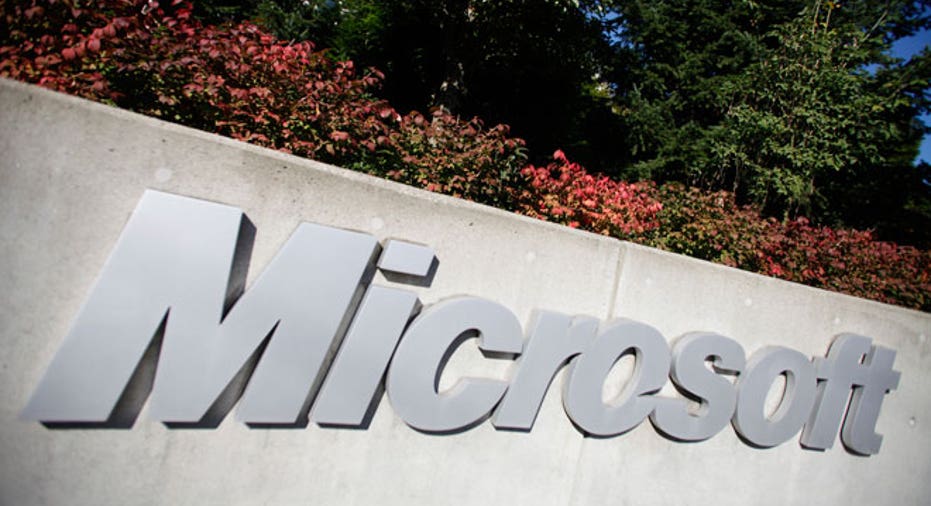Microsoft Announces 'Windows 10'

Microsoft Corp (NASDAQ:MSFT) announced its 'Windows 10' operating system on Tuesday to replace the largely unpopular Windows 8, skipping a number to mark a leap toward unifying the way people work on tablets, phones and traditional computers.
The next version of Microsoft's flagship product, which still runs the vast majority of personal computers and is used by 1.5 billion people worldwide, is aimed at recapturing the lucrative business market, which generally ignored the new-look Windows 8.
Windows 10 will be "our greatest enterprise platform ever," said Terry Myerson, Microsoft's head of operating systems, at an event in San Francisco. Only 20 percent of organizations migrated to Windows 8, which was released two years ago, according to tech research firm Forrester.
He said Windows 10, long known by the project name 'Threshold' internally, represented a new type of system for the company, as it seeks to unify computing as mobile devices proliferate. The name represented that leap, he said.
"Windows 10 adapts to the devices customers are using, from Xbox to PCs and phones to tablets and tiny gadgets," said Myerson.
Microsoft faces an uphill struggle in reigniting excitement about Windows. With the rise of Apple Inc's iPhone and iPad, and Google Inc's Android devices, Windows no longer plays a central role in many people's on-screen lives.
From a virtual monopoly on personal computing 10 years ago, Windows now runs only about 14 percent of devices, according to research firm Gartner.
Reaction to the news was cautious.
"It's a bold statement for Microsoft to make," said Daniel Ives, an analyst at FBR Capital Markets. "So far there's not as much meat on the bone as we would have wanted, although it's still very early days."
An early version of the software, demonstrated on stage by Microsoft executive Joe Belfiore, showed two modes, one optimized for touch-controlled tablets, and one for PCs with mice and keyboard. Users can switch between the two depending on the device.
Myerson did not say how or when the new Windows would be rolled out. A technical preview can be downloaded from Microsoft's website, starting Wednesday, for users to try out.
There has been speculation that Microsoft, which still makes a huge profit from Windows, might give away future versions to an audience that has become used to free upgrades on mobile software from Apple and Google.
Myerson said his team toyed with the idea of calling the new product Windows One to emphasize the unity of all the companies' products, but noted that name had already been used.
(Reporting by Bill Rigby; Editing by Meredith Mazzilli and Richard Chang)



















